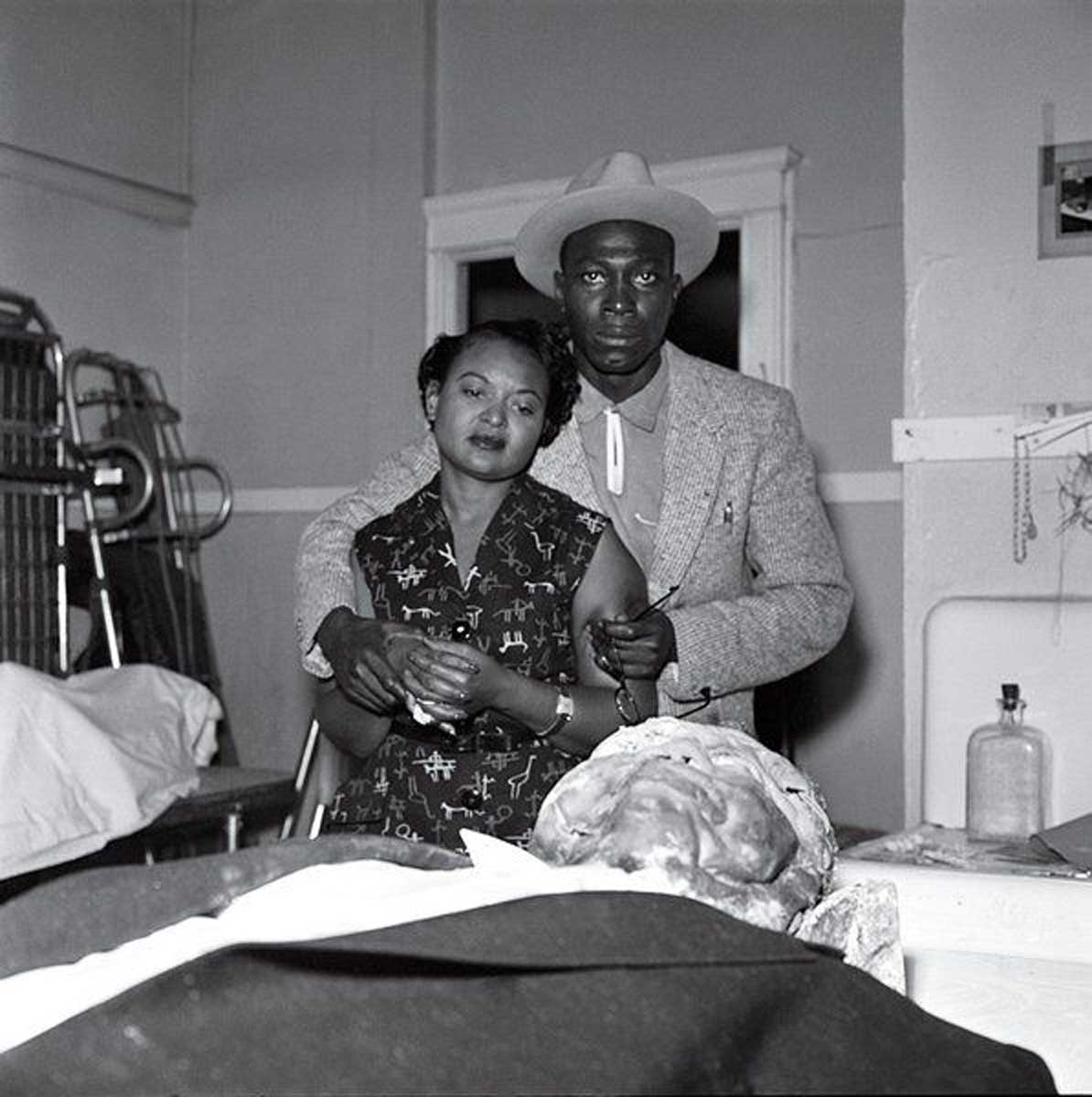MSU-Meridian celebrates new Interprofessional Simulation Program
Published 6:30 am Tuesday, October 22, 2024

- Mark Keenum, president of Mississippi State University, speaks Monday at a ribbon cutting for the university’s new Interprofessional Simulation Program at MSU-Meridian.
MSU-Meridian instructors and administrators were joined by elected officials, community members and healthcare leaders Monday as they unveiled the new Interprofessional Simulation Program at the college’s downtown campus.
David Buys, interim head of campus, said the new program will allow students in MSU-Meridian’s healthcare programs an opportunity to put into practice the skills they learned in the classroom before practicing on real patients. Simulators, he said, have proven to be impactful both as learning tools and in reducing the number of medical errors in a clinical practice.
Trending
“Our simulation facilities here at MSU-Meridian give students a safe place to put into practice what they may have read in their textbooks or what they may have heard from their instructors before they go into a clinical setting,” he said.
Monday’s event, which included both a ribbon cutting and press conference, was the culmination of years of work by numerous individuals and organizations, Buys said, including a $6.1 million gift from The Riley Foundation, which helped pay for the new program to be built.
MSU President Mark Keenum said Mississippi State is a relative newcomer to the healthcare field, but its programs already stand for themselves. The Interprofessional Simulation Program, he said, is the only such program at a four-year institution in the state.
“So when we get into it, we get into it in a major way,” he said. “We’re going to be world class in anything we do, and that’s a commitment to the quality of the people that we have here.”
MSU-Meridian’s healthcare offerings include both a master of nursing and a physician’s assistant program, the only such program at a public university in Mississippi, Keenum said, and the simulation program will only add to the knowledge graduates of those programs take out into the workforce. MSU, however, has its sights set even higher, he said, and the university is already looking for further ways to expand its healthcare offerings.
“These programs that we’re offering here today are just beginning,” he said. “We’re already working and planning for the next round of health profession programs we can bring to this campus.”
Trending
In addition to the $6.1 million from The Riley Center, Keenum said, MSU-Meridian also received $1 million from Accelerate Mississippi, which is the state office of workforce development, and $750,000 from the state Legislature.
Gov. Tate Reeves said the state is in need of trained healthcare workers and graduates of MSU-Meridian’s programs will go to fill much-needed roles in their communities. Those workers, in turn, will improve the lives of others and create positive change throughout the state both in healthcare and in economic impact, he said.
“Anytime you look at education, and you have young people and not so young people given the opportunity to graduate with a degree, the one thing you know in particular about this program, or these two programs, is that every single one that goes through it, and graduates, will get the most important thing in the end,” he said. “And that is a J-O-B.”
Rep. Michael Guest, who represents Mississippi’s 3rd Congressional District, said the impact of MSU-Meridian’s programs will be felt not only across the state but throughout the Southeast and country as students come to Meridian to be trained into skilled healthcare workers.
“With the addition of the new physician assistant program, our master’s in nursing and now the Interprofessional Simulation Laboratory, Mississippi State University and the city of Meridian is on track to be a leader, not only in the state and Southeast, but across the country in training our future healthcare leaders,” he said. “This new state-of-the-art simulation laboratory will train students to work in emergency situations, and they will gain hands-on learning. This will hone the skills that they need to provide world class health care in communities across our state.”





